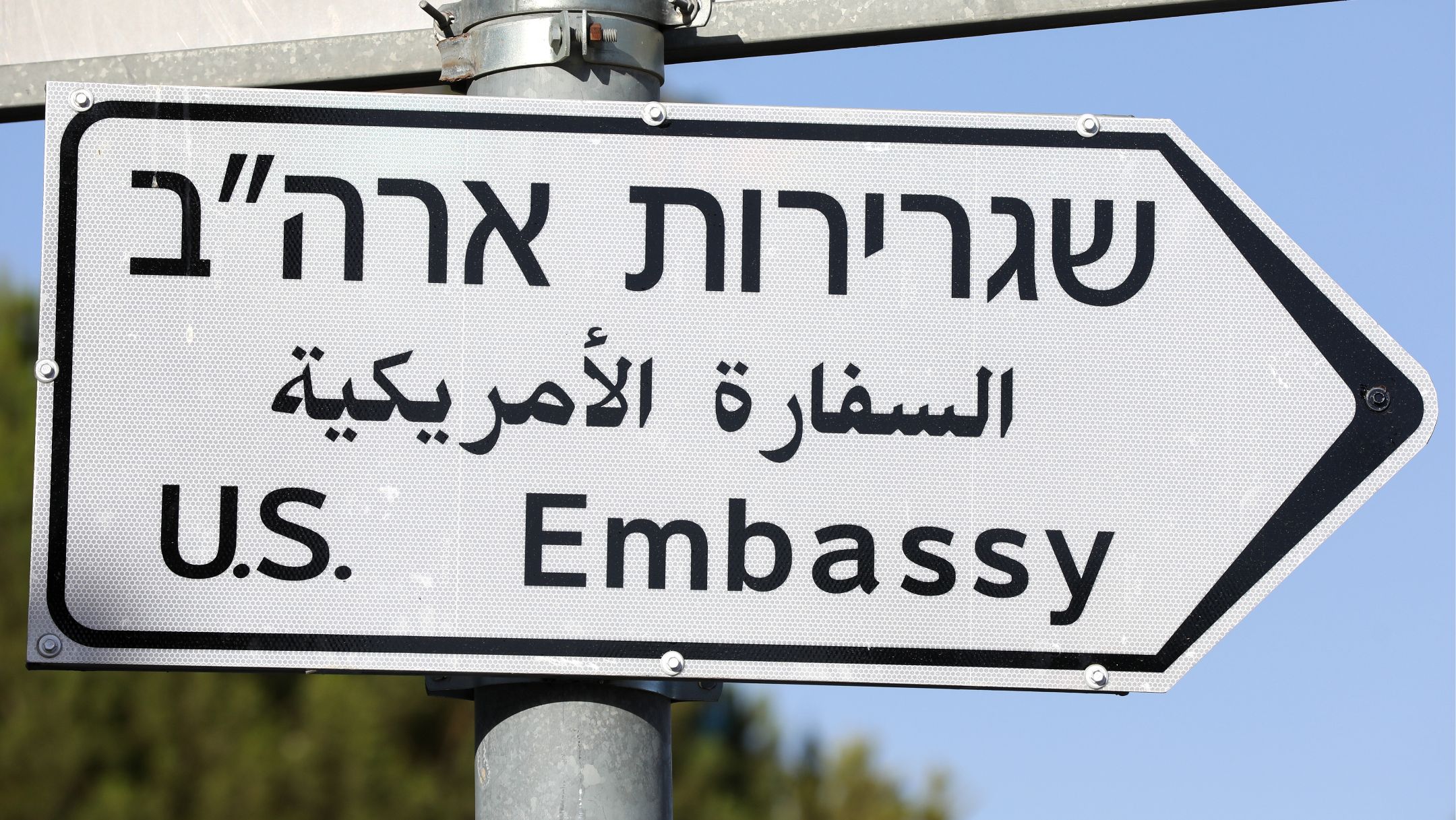RoccoR
Gold Member
RE: Who are the Israelis?
⁜→ Mindful, et al,
BLUF: I've been to Scandinavia, and I did not get the impression that they liked Americans either.
One thing you have to say about the people of The Three Kingdom (Denmark, Norway, and Sweden) they are quite intelligent. The Scandinavians are, for the most part, pro-Arab Palestinians and generally support Hostile Arab Palestinians (HoAP) in their bid to further Jihadism, Fedayeen Activism, Hostile Insurgency Operations, Radicalized Islamic Behaviors, and Asymmetric Violence against the Israelis. Shaun Matheson (NRK P13) said, "Israel is an occupying power" → and by saying so, his position (and the position of many Scandinavians) on Customary and International Humanitarian Law (IHL) becomes garbled in translation. Shaun Matheson knows quite well that the HoAP may be prosecuted for acts committed solely intended to harm the Occupying Power, no matter what the Norwegian Government endorses. Shaun Matheson knows quite well that Israel is not an "apartheid state" (oppression and domination by one racial group over any other racial group).
Having said that, they are still a people that we should listen to, even if we do not agree. They are at the very top of the Human Development Scale.

Most Respectfully,
R
⁜→ Mindful, et al,
BLUF: I've been to Scandinavia, and I did not get the impression that they liked Americans either.
(COMMENT)Norwegian state radio host: “I wish the vaccine didn’t work in Israel, Israel is a shitty country”
Antisemitic, Israel-hating rant on Norwegian state controlled radio.\
Shaun Henrik Matheson is a radio host at NRK P13, a digital music channel run the Norwegian state broadcaster NRK. Tuesday 2 February he served the following antisemitic, Israel-hating rant to his listeners [see Spanish translation below]:
“Jeez, well, we had better mention the good news, even if they come from Israel (laughs). I know, how sick is this? Good news from Israel, when did that happen last time? Do you know what, I don’t know actually. But we have read about this all day today and heard it just now on the radio news.
One thing you have to say about the people of The Three Kingdom (Denmark, Norway, and Sweden) they are quite intelligent. The Scandinavians are, for the most part, pro-Arab Palestinians and generally support Hostile Arab Palestinians (HoAP) in their bid to further Jihadism, Fedayeen Activism, Hostile Insurgency Operations, Radicalized Islamic Behaviors, and Asymmetric Violence against the Israelis. Shaun Matheson (NRK P13) said, "Israel is an occupying power" → and by saying so, his position (and the position of many Scandinavians) on Customary and International Humanitarian Law (IHL) becomes garbled in translation. Shaun Matheson knows quite well that the HoAP may be prosecuted for acts committed solely intended to harm the Occupying Power, no matter what the Norwegian Government endorses. Shaun Matheson knows quite well that Israel is not an "apartheid state" (oppression and domination by one racial group over any other racial group).
Having said that, they are still a people that we should listen to, even if we do not agree. They are at the very top of the Human Development Scale.
Most Respectfully,
R



